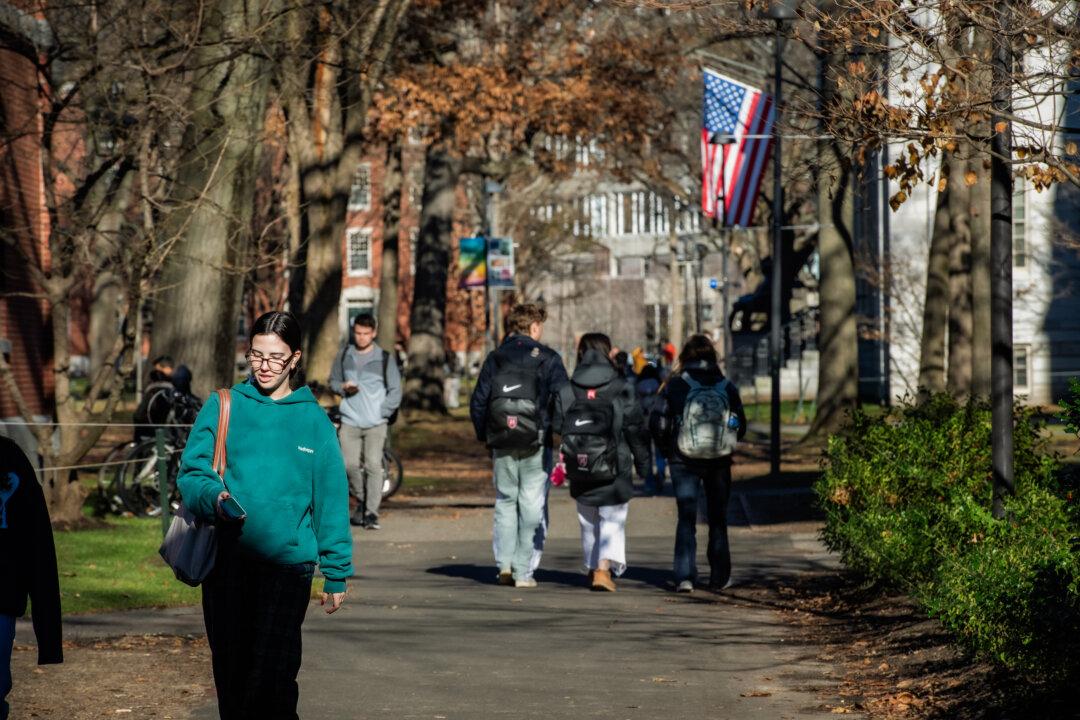Gallup polling reveals that a majority of U.S. adults from diverse racial and ethnic backgrounds view the Supreme Court’s decision to strike down so-called affirmative action in higher education as “mostly a good thing.”
Figures released on Tuesday revealed that 68 percent of over 12,400 Americans surveyed, or two out of three, view the court’s June 2023 decision favorably overall.





